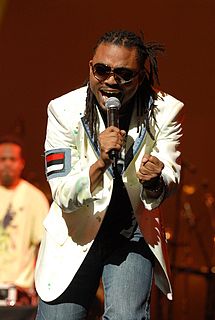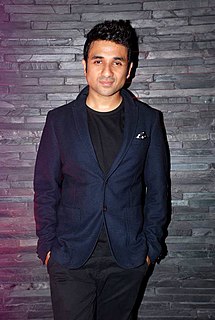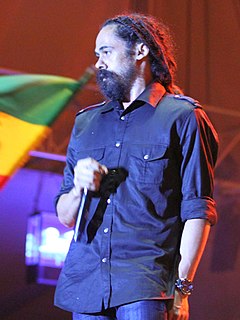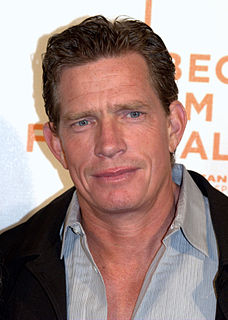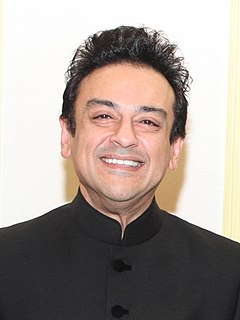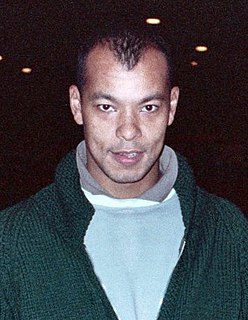A Quote by Machel Montano
In the early '70s [the late] Ras Shorty and I took Indian dholak drumming [from chutney music, another Indo-Trinidadian creation], fused it with calypso's African rhythms, and soca was born against the wishes of the purists.
Related Quotes
New Orleans had a great tradition of celebration. Opera, military marching bands, folk music, the blues, different types of church music, ragtime, echoes of traditional African drumming, and all of the dance styles that went with this music could be heard and seen throughout the city. When all of these kinds of music blended into one, jazz was born.
When I was a kid, a lot of my parents' friends were in the music business. In the late '60s and early '70s - all the way through the '70s, actually - a lot of the bands that were around had kids at a very young age. So they were all working on that concept way early on. And I figured if they can do it, I could do it, too.
I would go into my three different sisters' rooms in the early-mid '70s and they had very specific different tastes in music. I specifically remember lying on my different sisters' bedroom floors and listening to their record collections. And "Starship Trooper" was one of my sister Nancy's favorite songs and favorite album. Music is so defining for me. In the late '70s and early '80s, I worked in radio. When I was in high school, I worked at two different radio stations.
Cultures, when they meet, influence one another, whether people like it or not. But Americans don't have any way of describing this secret that has been going on for more than two hundred years. The intermarriage of the Indian and the African in America, for example, has been constant and thorough. Colin Powell tells us in his autobiography that he is Scotch, Irish, African, Indian, and British, but all we hear is that he is African.
One percent of the nation owns a third of the wealth. The rest of the wealth is distributed in such a way as to turn those in the 99 percent against one another: small property owners against the propertyless, black against white, native-born against foreign-born, intellectuals and professionals against the uneducated and the unskilled. These groups have resented one another and warred against one another with such vehemence and violence as to obscure their common position as sharers of leftovers in a very wealthy country.
